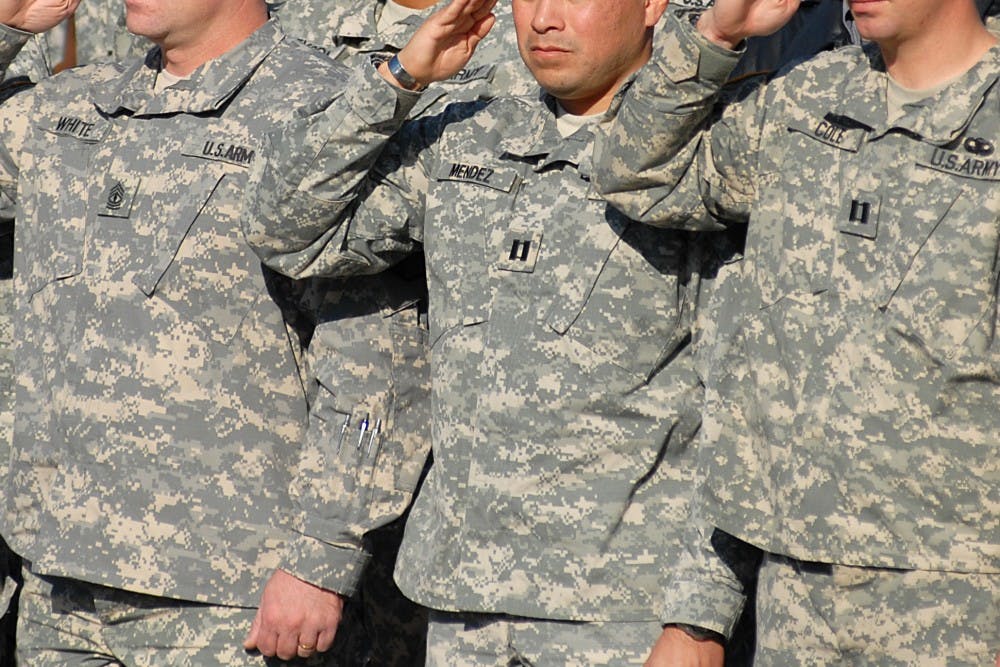
Every day, more than 50 Americans take their lives with a bullet — of these, approximately 15 are veterans.
Twelve Marines from the same battalion committed suicide with guns after returning from serving in Afghanistan.
Because they know how to use firearms, female veterans are six times more successful at committing suicide than non-veteran women.
As a Navy hospital corpsman, I served as a combat medic with the United States Marines in the war in Vietnam, providing emergency medical treatment for our troops who were the victims of guns and other weapons. This is what happened to one Marine who was shot in the chest while we were on a patrol in Vietnam: After the bullet perforated the layers of skin, muscle and bones, it traveled through his body, shearing, tearing and crushing the tissue and organs in its path. It produced a cavity that filled with blood from ruptured blood vessels. His heart continued to pump blood from the bullet hole in the heart wall, filling the chest cavity at a rate of about five quarts a minute. But there was no pressure to carry blood through the aorta and arteries. I tried to save him by putting a dressing over the wound and administering artificial resuscitation. But with no blood, there was no oxygen — just death. Other casualties I cared for were Marines who stepped on landmines hidden in the ground. In most cases, the mine would destroy the foot and part of the limb. I’d tie a tourniquet around the remains of the leg, wrap a battle dressing over the stump, start an intravenous solution of plasma and give the wounded man a morphine injection. While waiting for the medivac helicopter to arrive to take the wounded man to where he could get more extensive medical treatment, I’d try to be as comforting as possible. Two other corpsmen and I performed a tracheotomy to try to save a Marine who had the top of his head blown off by a mine in a tree, but we failed and he died.
As a 20 year old returning from the war I was overwhelmed by memories; 45 years later, I am still overwhelmed. From my experiences I have some understanding how difficult it can be for younger veterans dealing with the despair and heartbreak of war. We must do all we can to provide the resources and outreach needed by Iraq and Afghanistan war veterans to cope with memories of combat and post-traumatic stress disorder. We need to increase awareness that suicides can be prevented, increase understanding of the strong link between firearms and suicide.
We must do all we can to help our veterans.
We must do all we can to stop the epidemic of suicide.
MIKE FELKER was a U.S. Navy hospital corpsman from 8/68 - 8/72. He was a medic in the First Marine Division in Vietnam from 12/69-12/70. He is currently the Graduate Coordinator, Dept. of Computer & Information Science. His email address is mfelker@cis.upenn.edu.
The Daily Pennsylvanian is an independent, student-run newspaper. Please consider making a donation to support the coverage that shapes the University. Your generosity ensures a future of strong journalism at Penn.
DonatePlease note All comments are eligible for publication in The Daily Pennsylvanian.





